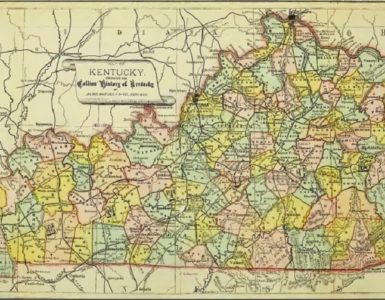I never conversed with nor met R.C. Sproul, but at one time in my life I read much of what he had written and listened to many of his lectures. Audios and videos from Ligonier—when it was in frigid Pennsylvania and not sunny central Florida—along with later instructional series, conferences, and seminars were all important for my understanding of Scripture and church history. I think R.C Sproul was at his best when he gathered with James Boice, Robert Godfrey, Roger Nicole, J. I. Packer, and others to present their teaching in numerous Philadelphia Conferences on Reformed Theology. As a group, it seemed to me that each of the lecturers played off the others resulting in not only informative but spiritually beneficial lessons. If R. C. ever had a bad day teaching, which he must have, I was not there when it happened.
One aspect of R.C. Sproul’s teaching method was the use of the unexpected, even outrageous to grab his listeners’ attention. He would say something to make a point, and I would think, “Did he say what I think he said?” But by the time the question passed through my gray cells, it was clear he had said what I thought I heard, because he was already using his attention-grabbing statement to make his point.
A few examples will show what I mean.
I do not remember the place, event, or location, but the subject R.C. taught was the atonement. At one point he was elaborating on the necessity of the atonement, that is, Christ as the Lamb of God had to be sacrificed to pay for sin. He related an experience of his from a past lecture on the same subject which he had delivered in what could only be described as a hostile environment. His listeners would have found the idea of sin untenable and its having to be paid for with blood particularly repugnant. At one point someone in the crowd had had enough of the doctrine of the atonement and blurted out, “That is barbaric.” According to R.C.’s retelling of the moment, he responded, “Yes, it is barbaric,” then came a pregnant pause until he added, “But it was necessary.” Without the shedding of blood there is no remission of sins—point made.
The venue was a Ligonier conference and the subject was God’s commanding Abraham to take Isaac to Mt. Moriah to be sacrificed. The idea of a father having to offer his son in sacrifice is distressing enough, but R.C. elaborated on the event with the help of, what was to me, an unexpected source. R.C.’s education included considerable study of philosophy, so he pulled from his knowledge bank an illustration from the nineteenth-century Danish existentialist philosopher, Søren Kierkegaard. Kierkegaard’s book Fear and Trembling includes the melancholy Dane’s perspective on the Abraham and Isaac event. The book described God’s command to sacrifice Isaac as what Kierkegaard believed was a suspension of the ethical, a putting aside for the moment the immorality of murder. R.C. elaborated and expanded on Kierkegaard as he developed his illustration in a simple, vivid, and pointed way. Using the philosophical perspective of Kierkegaard to teach the Word to a gathering which included not only Reformed-Calvinistic Christians, but also others such as generically Evangelical Arminians and Charismatics, along with a few Roman Catholics is an example of R.C.’s use of the unexpected to draw his students into his lesson. The technique ended up communicating Sproul’s point vividly enough that it has stuck with me.
Likely, many of those who listened to or read R.C. Sproul’s teaching have memories of lessons learned that particularly affected them. He was greatly gifted with regards to his ability to communicate complex concepts in a clear and simple way. He could teach for an hour and hold the attention of his listeners for the duration of his discourse. So, thank you R. C. Sproul for feeding the process of sanctification through your teaching, for your defense of the faith, and for your faithfulness to the gospel. If he could speak to us, he would likely say Soli Deo Gloria.
BARRY WAUGH
The photograph of R. C. Sproul in his younger years is from the Ligonier website. This memorial was revised December 28, 2017.





